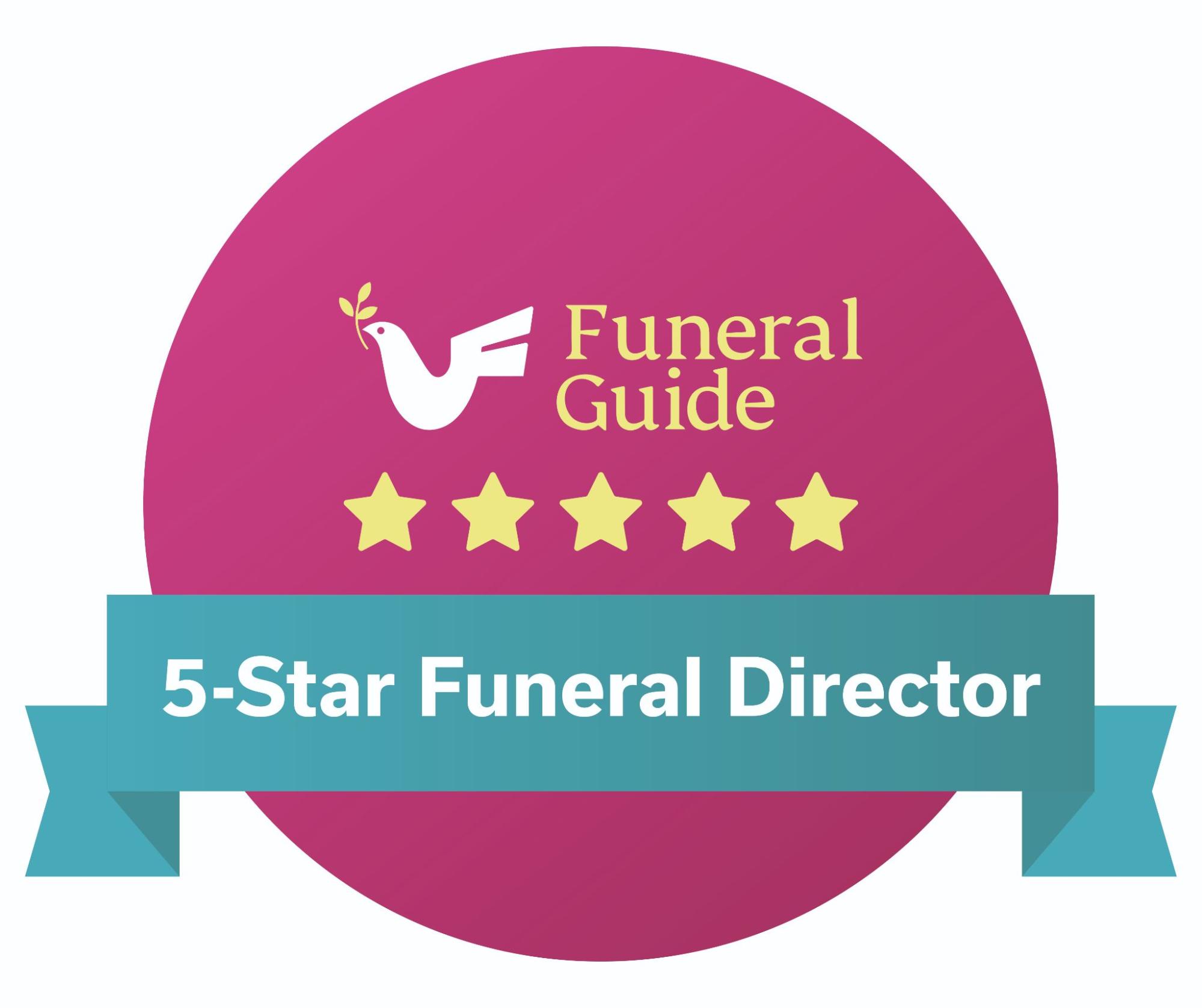What To Do When Someone Dies – Registering The Death & Other Arrangements
When a loved one passes away, it can be challenging to know what to do next. While the passage of time is important as it helps you to process and grieve for your loved one, there are necessary steps that must be taken sooner rather than later.
As local funeral directors, we know that having to think practically and complete what can seem like an endless series of tasks in an already emotionally demanding situation can be overwhelming. That’s why we’ve put together this guide to help you through the process.
Important first step
The best place to begin is by finding any paperwork regarding funeral wishes, the will, and organ or body donation. This will help you with the future steps of funeral and burial planning.
Often taking the very first step can be the most arduous. However, many find that, once they begin, it helps them to keep busy and get through that difficult first period.
Registering a Death
In the event that your loved one died in a nursing home or the hospital, the hospital or the doctor will contact you to collect the Medical Certificate of Cause of Death (MCCD for short).
Once you have the MCCD, you can make an appointment with the Registrar to complete the official registration. You’ll need to take several documents with you to the appointment. Once you have completed the death registration, the registrar will provide you with a Certificate of Registration of Death and a Certificate for Burial or Cremation.
The registrar may also explain the Tell Us Once service, which is a service that lets you report the death to most government organisations in one go, saving you from the effort and time of informing various organisations separately.
However, if the death is reported to a coroner, you might need different documents to register a death. You can find out more about that in the information on when a death is reported to a coroner from gov.uk.
Let people know
It’s important to inform family and friends that your loved one has passed away as soon as you feel that you are able to. Many aren’t sure of who to contact when someone dies, but the most important people to contact initially are friends and family who are close to the deceased. You can then go on to let their employer know as well as their solicitor and accountant if they have one.
Some find that sending out a mass text or email to acquaintances and co-workers saves them from having to relive the painful feelings of informing others that someone close to them has died. Others find that it’s most important to prioritise letting close friends and family know as soon as possible, leaving the task of telling others for later down the line.
Funeral Arrangements
Ideally, you and your loved one will have had the opportunity to talk through their funeral plan or they will have left instructions. But in the event that this is not the case, we recommend that you organise a family meeting to discuss what the funeral would look like, what is affordable, and what your loved one may have wanted for their funeral service.
As there are a lot of decisions to make, from organising the floral tributes to arranging the funeral catering, we strongly recommend that you don’t try to manage all the funeral arrangements by yourself.
When it comes to choosing a funeral home, deciding where the funeral service will take place, deciding whether to cremate or bury the body and the other crucial details of the funeral service, getting help from relatives and friends can help to take the pressure off you and ensure that you can give your loved one the send-off they deserve.
Feeling overwhelmed and need help with planning a funeral service?
Here at Viner and Sons, we pride ourselves on the personal service that we provide families when it comes to the challenging time of having to lay their loved ones to rest.
As independent, family-run funeral directors, we know the value of being able to entrust your loved one’s funeral arrangements to a team that you can rely on. That’s why we’re here to help every step of the way. Get in touch with a member of our helpful team, today.

